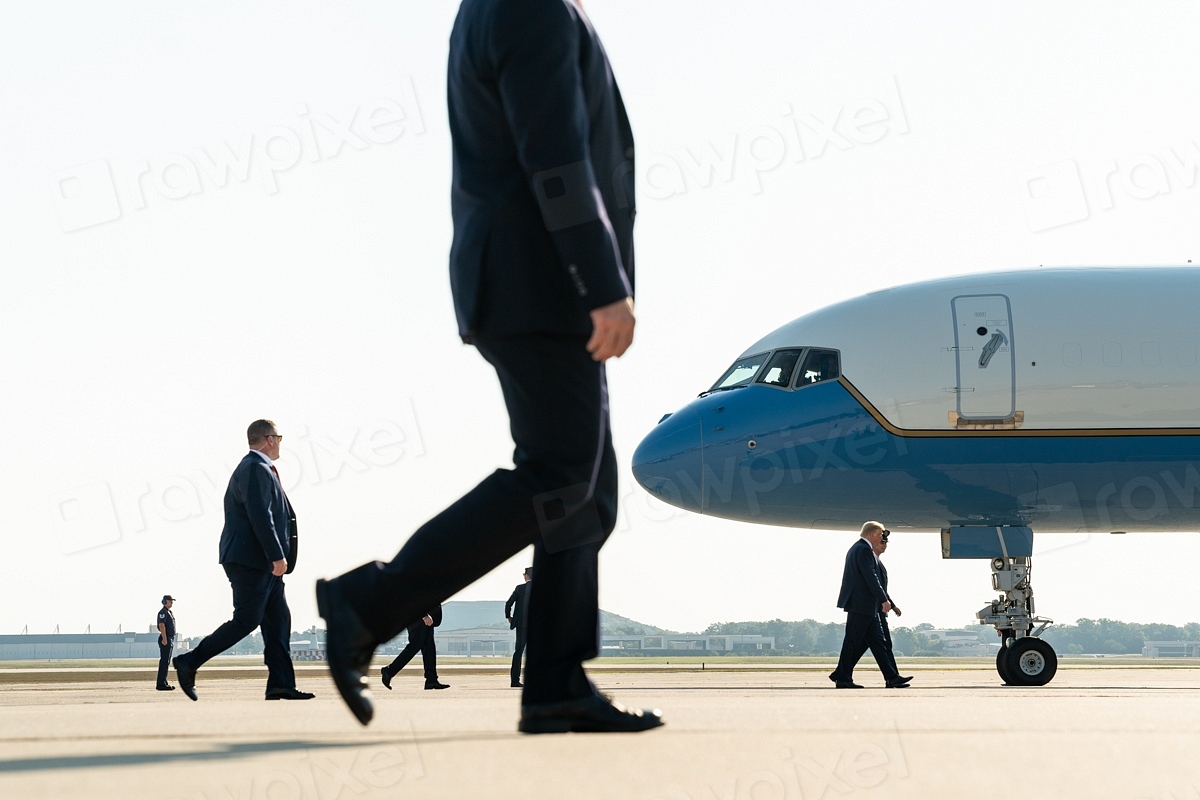Imagine sitting at an airport, eagerly awaiting your flight to Beijing, when suddenly an announcement comes over the loudspeaker informing passengers that their flight has been cancelled. The reason? The latest proposal from the Trump administration targeting Chinese airlines. Geopolitical tensions have escalated once again, with the world watching closely as the United States and China engage in a battle that extends beyond trade and economics.
In the latest move by President Trump, the administration has proposed to ban Chinese airlines from flying to the United States. This proposal comes as part of the ongoing feud between the two global superpowers, with tensions already running high due to issues such as trade, technology, and human rights. The ban would affect major Chinese airlines like Air China, China Eastern Airlines, and China Southern Airlines, potentially disrupting travel plans for thousands of passengers.
One key point of contention in this proposal is the issue of reciprocity. The Trump administration argues that Chinese airlines have been given unfair advantages in the U.S. market, while American airlines face restrictions and limitations when operating in China. By banning Chinese airlines from flying to the U.S., the administration hopes to level the playing field and address what it sees as a one-sided relationship.
Another subtopic to consider is the potential impact on the airline industry. If the ban goes into effect, it could have significant consequences for both Chinese and American airlines. Chinese carriers would lose access to a lucrative market, while American airlines could face backlash from Chinese authorities. It could also lead to higher ticket prices and fewer options for travelers, as airlines scramble to adjust their routes and schedules.
Furthermore, the proposal to ban Chinese airlines raises questions about the future of international relations and the potential for further escalation in geopolitical tensions. As the world becomes increasingly interconnected, actions taken by one country can have far-reaching consequences for others. The Trump administration’s move against Chinese airlines is just the latest chapter in a larger story of power struggles and competition between nations.
In conclusion, the proposal to ban Chinese airlines from flying to the United States is a significant development that highlights the complexities of geopolitics in the modern world. As tensions continue to rise between the U.S. and China, the impact of these actions will be felt not only in the airline industry but also in broader international relations. Only time will tell how this latest move will play out and what it means for the future of global cooperation and competition.





